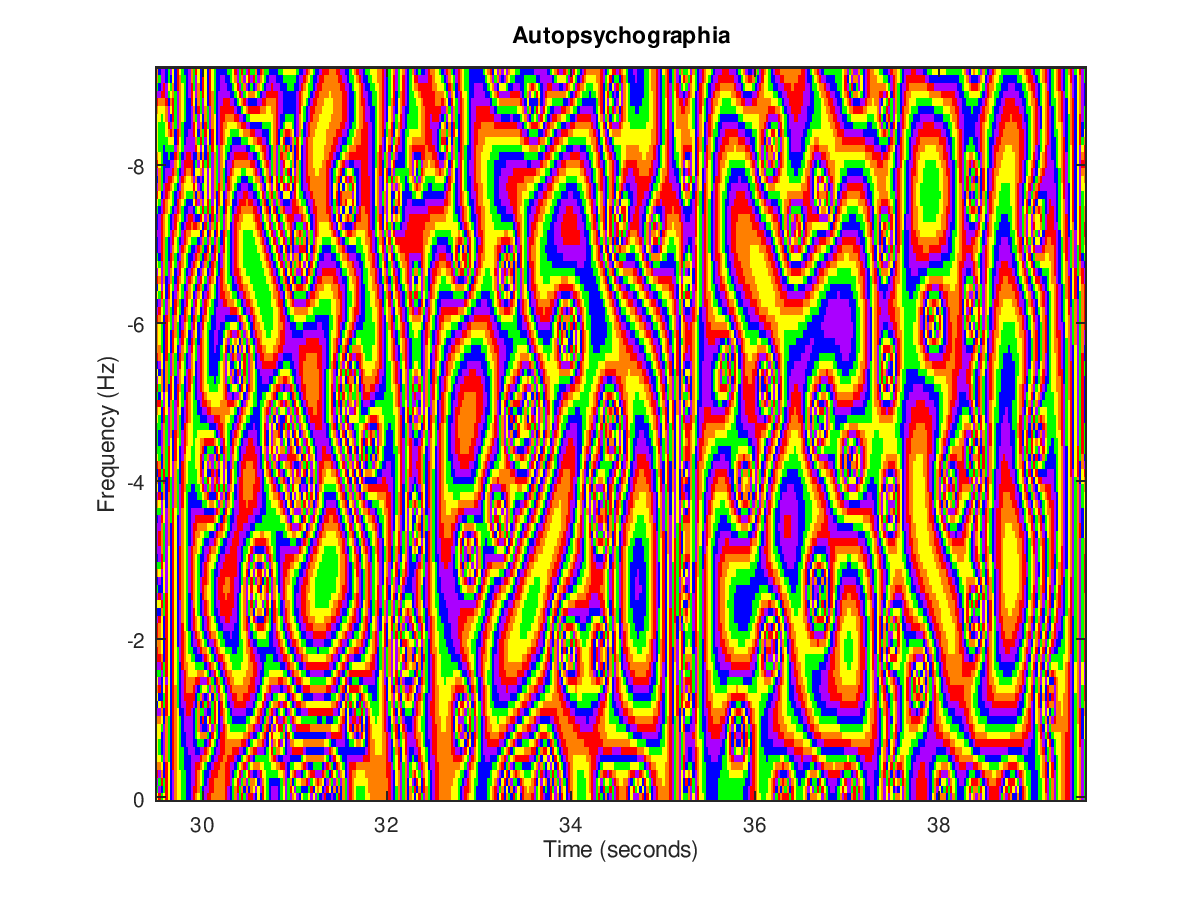Blizzard Challenge: Appeal for volunteer judges
From Zhizheng Wu:
We are pleased to announce that the Blizzard Challenge 2019
Speech experts (you decide if you are one! Native speakers only please!)
http://3.16.124.227/register_
Everyone else:
http://3.16.124.227/register_
The test takes around 45 minutes. You can do it over several sessions, if you prefer.
Please distribute the above URL as widely as possible, such as on your institutional or national mailing lists, or to your students.
Update: Sorry about the lack of guidance on the fact that the synthesis is all in Chinese! I'm traveling, with somewhat erratic internet, and took a few minutes off from packing to post the appeal without checking it out — apologies again.


